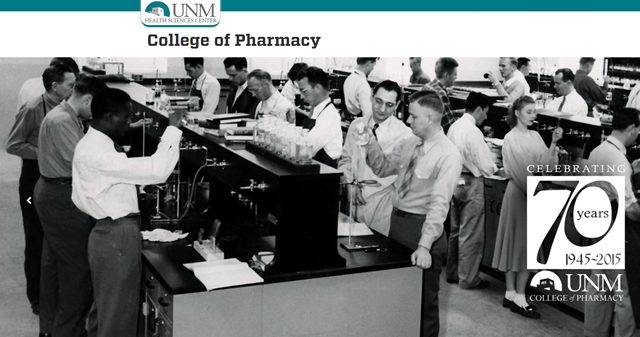
Pharmaceutical Sciences ETDs
Publication Date
Spring 5-13-2017
Abstract
Background and Objectives: Limited knowledge about clinical trials can influence a patient’s willingness to participate in medical research. For placebo-controlled clinical trials, it is more difficult to recruit patients compared to clinical trials without a placebo arm. Thus, educating individuals about clinical trials and placebos can potentially improve their perceptions about clinical trials and might increase their willingness to enroll in them. The study objectives include:
1) To design educational interventions (a booklet and a video) to improve a patient’s knowledge of placebo controlled clinical trials.
2) To compare the impact of the educational interventions (booklet, video or both) on a patient’s knowledge of placebo-controlled clinical trials, perceptions (perceived benefits and perceived barriers) related to and their willingness to participate in placebo-controlled clinical trials.
Methods: Patients from 3 different clinics (N=108) were randomly assigned to one of the following groups; booklet, video, both the booklet and video and control group. A paper based questionnaire was administered to measure patient’s knowledge, perception and their willingness to participate in placebo-controlled clinical trials.
Results: Patients in the booklet group had a knowledge score of 9.59 (±0.74) out of 10 possible points. Patients in the video group scored 9.66 (±0.55) and patients in the booklet and video group scored 9.66 (±0.62) points, which was slightly a higher knowledge score compared to the booklet group. Patients in the control group had the lowest knowledge score of 8.03 (±1.84) points. There was a significant statistical difference in the knowledge score among the four groups (p 0.01). The educational materials used in the three interventional groups increased patient positive perceptions. There was no significant difference related to number of patients willing to participate in placebo-controlled trials among the different groups.
Conclusions: The study results showed that the educational interventions were able to increase patient knowledge about placebo-controlled clinical trials significantly compared to the control group. Moreover, the educational interventions increased patient positive perceptions related to perceived benefits and reduced perceived barriers towards placebo-controlled clinical trials. The results of this study showed that patient knowledge was not a significant predictor of patient perceived barriers, benefits or their willingness to participate in clinical trials. These findings showed that a patient knowledge is not sufficient to increase participation in placebo-controlled clinical trials and that interventions need to go beyond educating knowledge to patients.
First Committee Member (Chair)
Dennis W. Raisch
Degree Name
Pharmaceutical Sciences
Second Committee Member
Matthew Borrego
Level of Degree
Doctoral
Third Committee Member
Mike Sather
Department Name
College of Pharmacy
Language
English
Document Type
Dissertation
Keywords
Placebo, Clinical Trials, Knowledge, Perceptions, Willingness, Patients
Recommended Citation
AlMoaikel, Khalid F.; Dennis Raisch; Matthew Borrego; Mike Sather; and Mark Holdsworth. "Comparing the Effectiveness of Using Educational Booklet or Brief Video on Patients’ Knowledge, Perceptions and Willingness to Participate in Placebo-Controlled Clinical Trials." (2017). https://digitalrepository.unm.edu/phrm_etds/16
